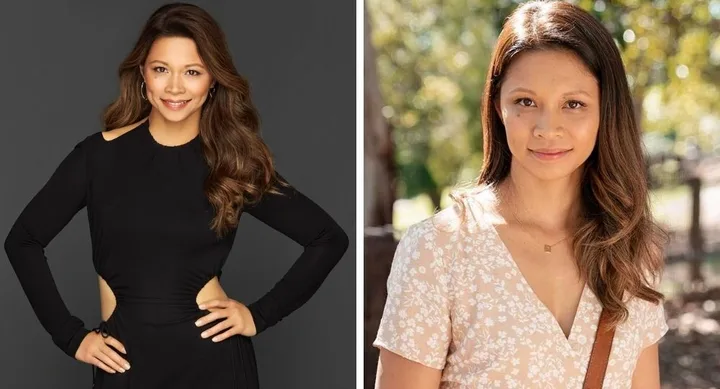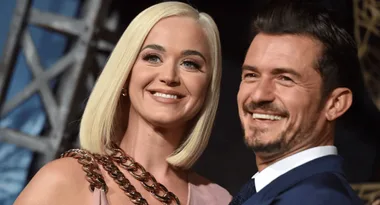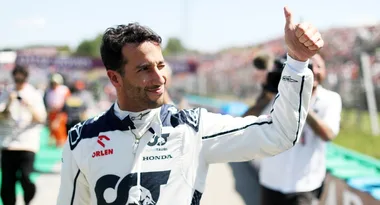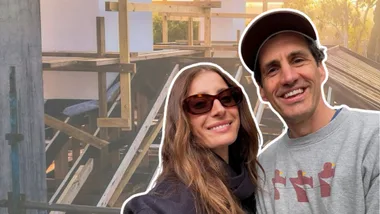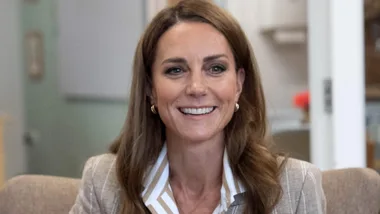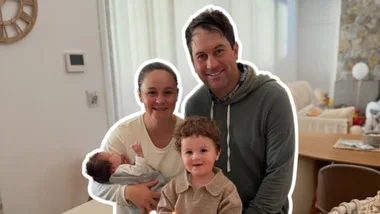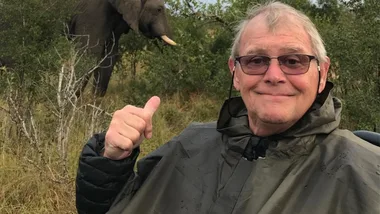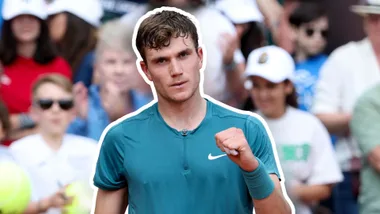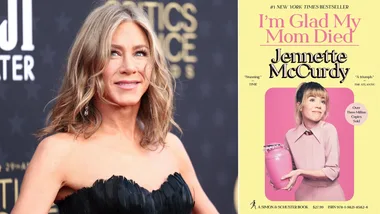Amazon Prime’s Back to the Rafters is dropping this week, returning one of Australia’s most beloved families to the screen.
WATCH Back To The Rafters Trailer
From 2008 to 2013, we closely followed the lives of Dave and Julie Rafter (Erik Thompson and Rebecca Gibney), and their three adult children Rachel (Jessica Marais), Ben (Hugh Sheridan), and Nathan (Angus McLaren).
Now, in the six-episode reboot, the Rafter kids are in their thirties, while Dave and Julie have moved to the country with their later-in-life daughter, Ruby.
Although the family are facing new challenges together, happy additions to the cast like HaiHa Le as Ben’s new wife, Cassie, are helping the show keep its balance of light and shade.
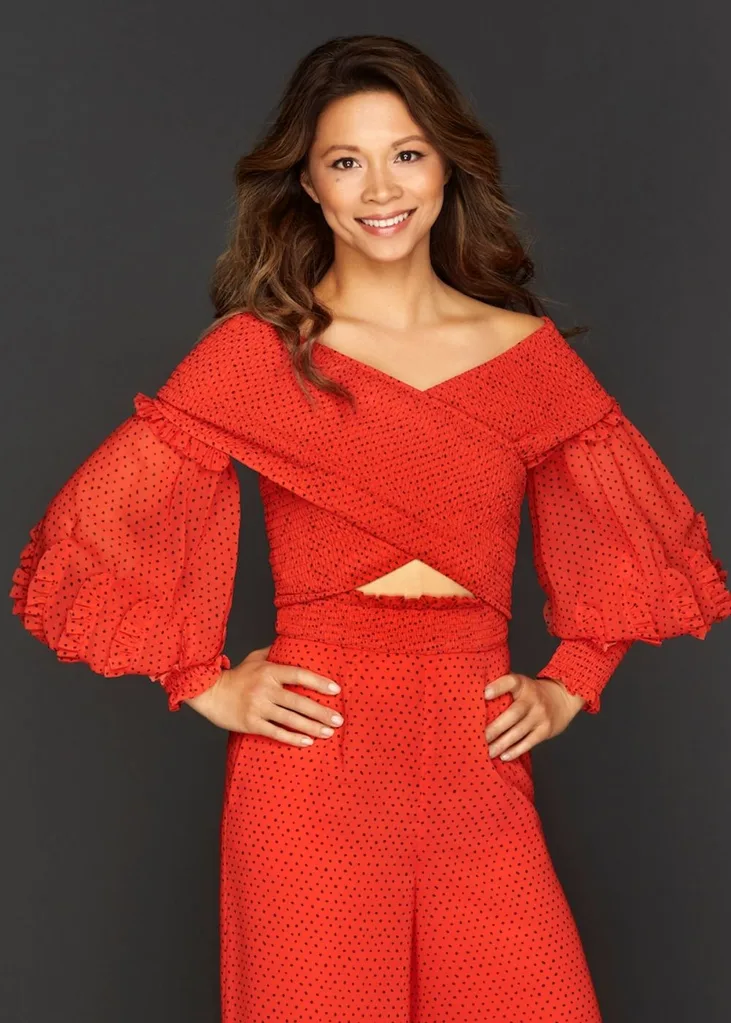
“I think the timing is good for a show like Rafters, because it’s about family, it’s about connection,” HaiHa tells WHO over the phone.
“I think people are ready for a show like this in the kind of circumstances in which we find ourselves,” she explains, referring to ongoing lockdowns across much of Australia.
This hits home – Back to the Rafters is packed with nostalgia for the old series, and the return of the beloved characters has been much-anticipated.
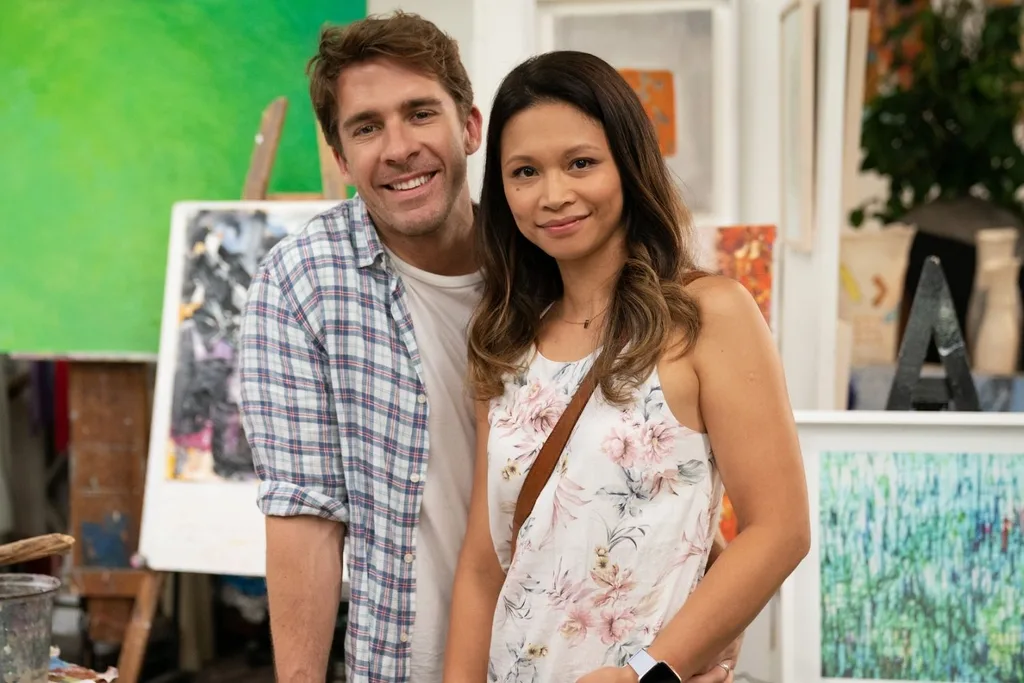
Cassie is Ben Rafter’s second wife, and fans of the show will remember the tragic death of his first wife, Mel, portrayed by Zoe Ventoura, which took place in season three of the original series.
“His [Ben’s] relationship with Mel was also another very iconic relationship, so I had really big shoes to fill,” HaiHa laughs.
“I tried not to think about it, because at the end of the day Cassie Rafter and Mel, they’re very different,” she muses.
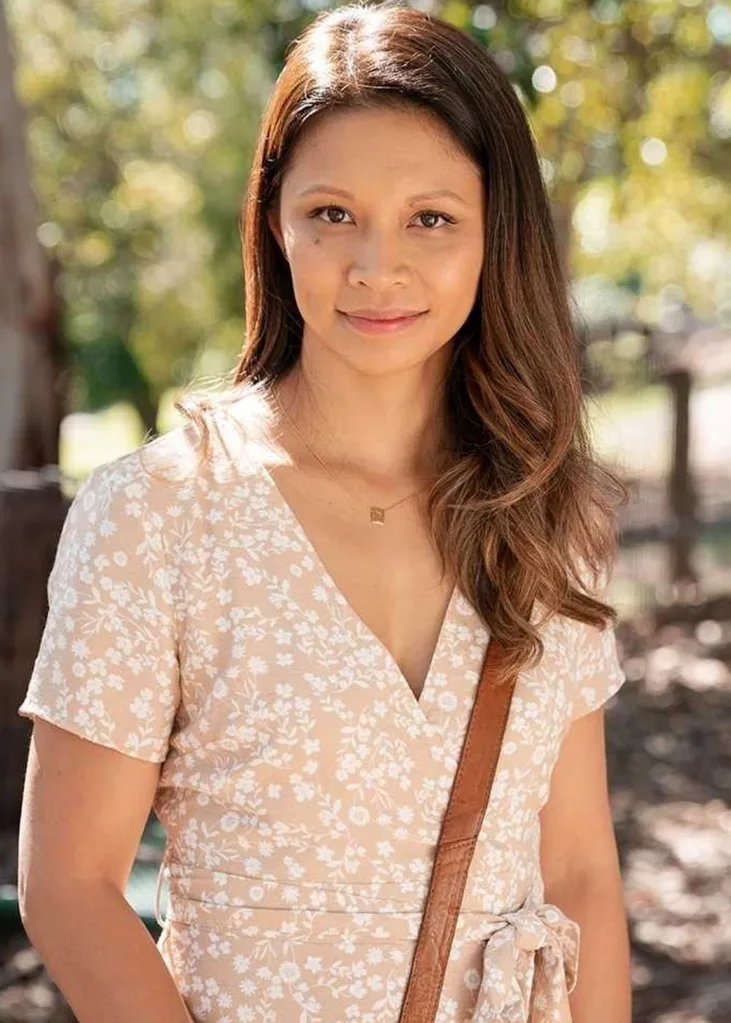
“Ben’s in such a different stage of his life too, it’s six years on, he’s a lot more mature, he’s much more responsible, he’s at a different stage in his life, so I think his relationship with Cassie reflects that,” HaiHa shares.
“And they’re very much in love!” she adds cheerfully.
However, the newest Rafter couple have challenges in store, and (small spoiler alert!) Cassie’s journey with infertility is one of the more poignant storylines of the season.
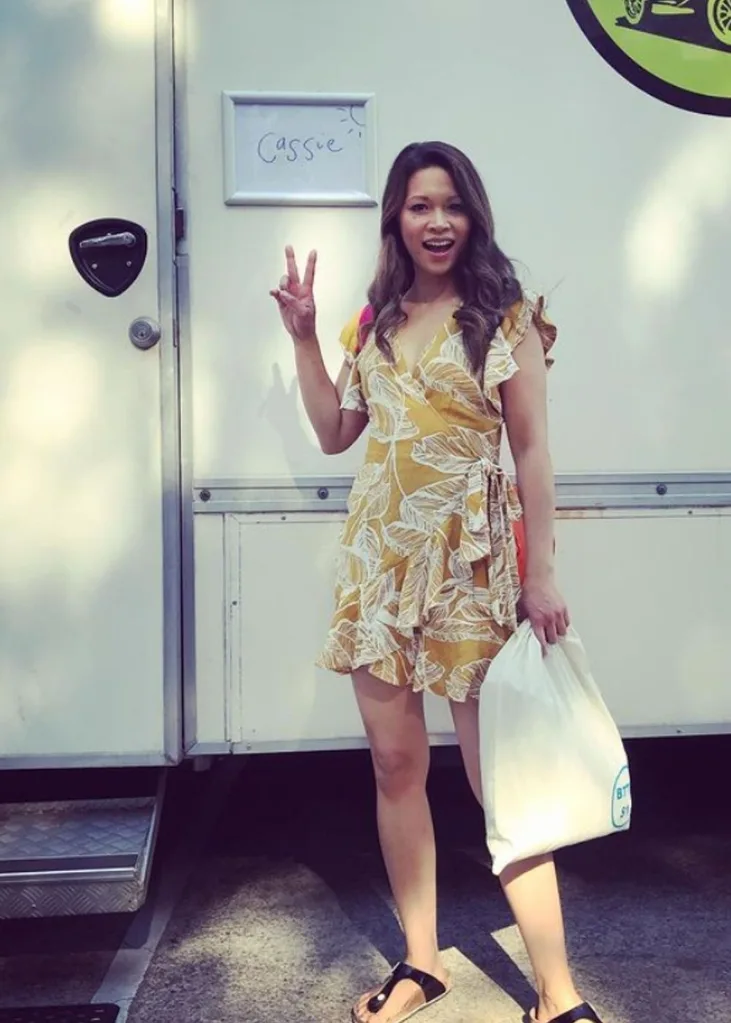
“As a young mother myself, the journey towards motherhood and when you’re in it, it’s not always as rosy as it’s painted to be … it’s actually very hard,” HaiHa reflects.
HaiHa herself is a mother of two and answered the phone for our chat having spent the morning chasing after her high-energy daughters, Scout and Sailor.
She and her husband, Guy Edmonds, are raising the two and four-year-old in NSW’s Blue Mountains, and their social media accounts reflect the many facets of parenting in lockdown.
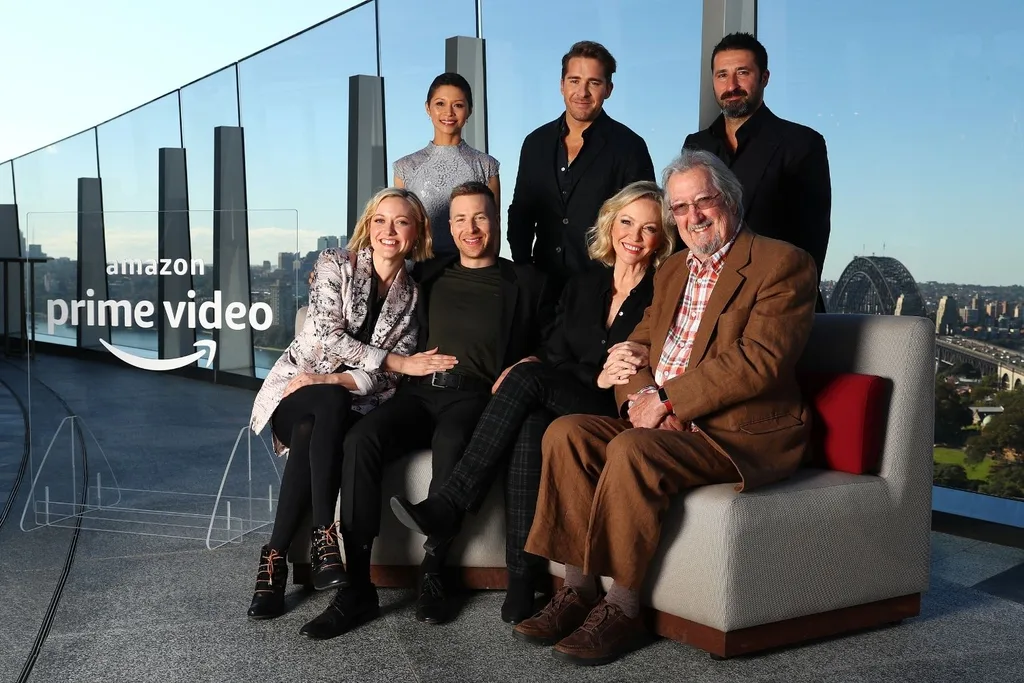
“Some people don’t even get to the motherhood stage, some people have to deal with some really challenging fertility issues, and you know, like every step of the way it can be quite challenging,” HaiHa reflects.
“I think the show does deal with the identity crisis that some mothers can go through – once you’re a mother you can kind of lose yourself, and forget what your needs are,” she says thoughtfully.
“Part of Cassie’s journey is to really discover what her needs are, and not be consumed by everyone else’s wants and needs.
“I think the show deals with a lot of sensitive issues in a really delicate way, and they don’t really shy away from the darker human experiences.”
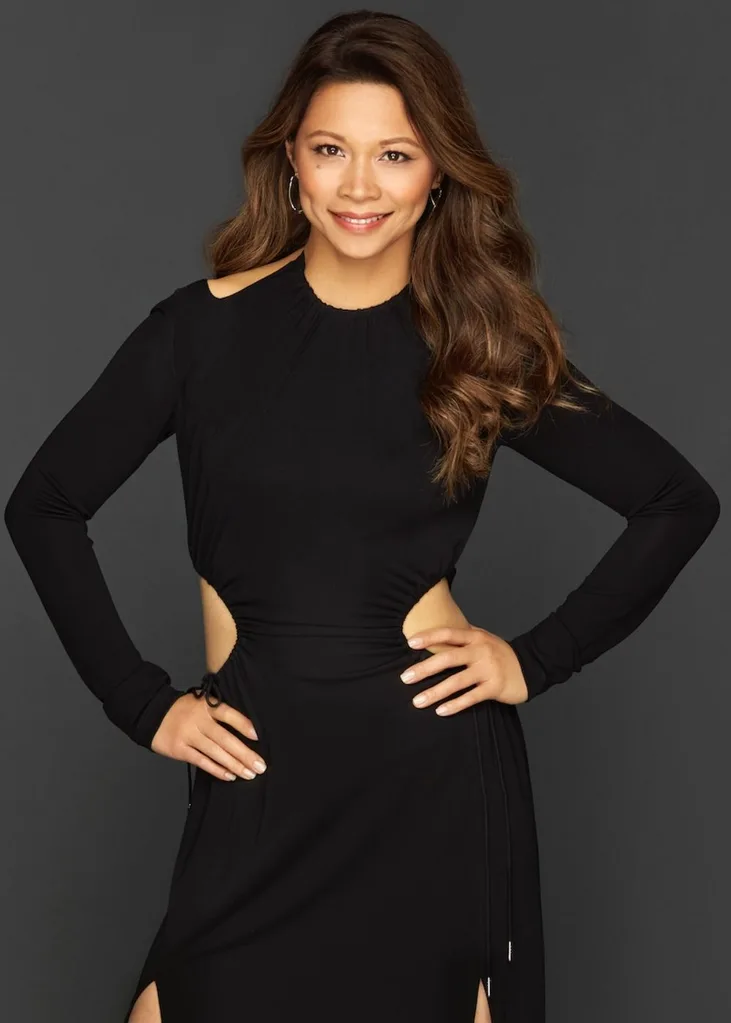
HaiHa, who is Vietnamese, is also joining the cast as the first Asian-Australian to play a central role, a job she has taken on with a lot of excitement.
“Representation is a really big deal for me,” she said.
“When I was growing up, when I told people I wanted to be an actor they’d just laugh at me, they’d say ‘there aren’t any Asian people on TV.
“I think as an Asian-Australian not just joining the show but becoming an actual Rafter, I think it’s a huge win for diversity,” HaiHa explained.
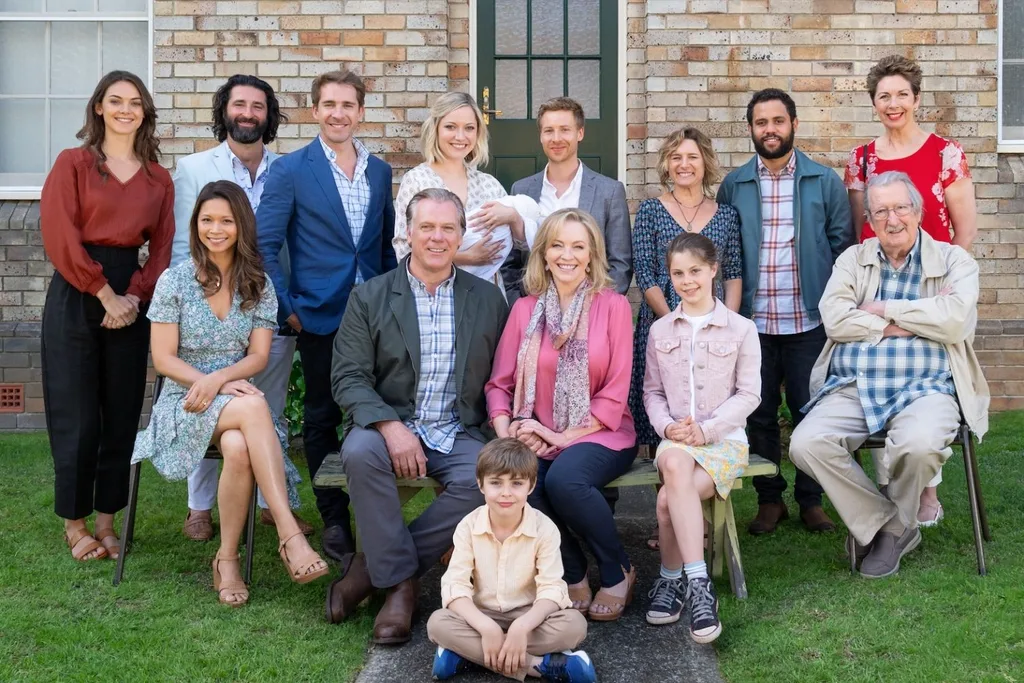
HaiHa also reflects on the cultural significance of Rafters, and why so many Australians seem to love them.
“I think casting has a huge role to play in that, because the cast are just as warm, beautiful, generous people in person, and I think that comes across on-screen as well,” she says.
“They’re just really endearing, lovable people and I think audiences can just really connect with them … everyone knows a Rafter character in some form in their life.”
